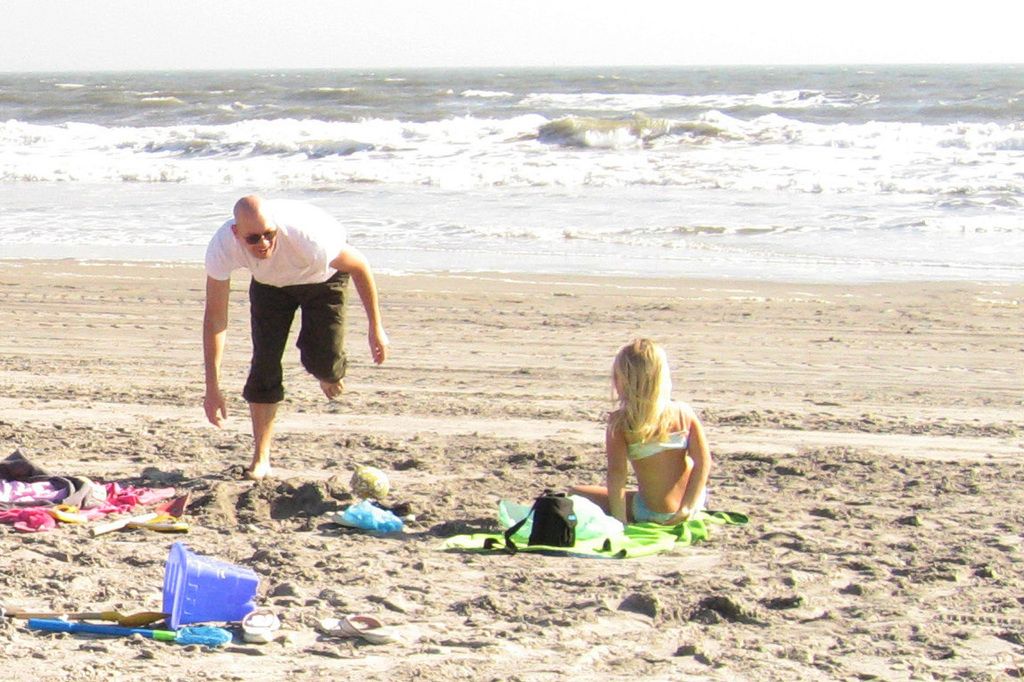A community remains steadfast in preserving their school's Native American emblem, receiving endorsement from President Trump.
Updating the Powwow: A Fresh Look at Controversial Native American Sports Symbols in Massapequa, NY
Massapequa, a tranquil coastal town 40 miles east of Manhattan, has found itself embroiled in a heated debate that echoes across the nation: the place of Indigenous imagery in American sports.
For Adam Drexler, a Chickasaw Nation member who grew up as a proud Massapequa Chiefs hockey player, the school's stereotypical Native American mascot, sporting a feathered headdress, became increasingly problematic as he learned about his roots. Now, his hometown has become the latest flashpoint in this enduring debate.
Tensions escalated this week as the Trump administration opened an investigation into whether New York officials are discriminating against Massapequa by threatening to withhold funding. The town has refused to comply with a state mandate to retire Native American sports names and mascots.
"How can you honor a culture when you wear a headdress that no tribe east of the Mississippi ever wore?" ponders Drexler, now 60.
A Town Divided
Roughly 90% of Massapequa's residents identify as white, and the town's Native American imagery is hard to miss - from the Chiefs logo on school signs to a towering statue outside the post office featuring a Native American figure with a flowing headdress.
A few minutes drive away, a commercial building next to the high school bears a vibrant mural of the Chiefs' logo and team name, painted by students in protest of any proposed change to the mascot.
"When you think of Massapequa, you think of the Chiefs," says Forrest Bennett, a high school sophomore.
A State Mandate vs. Local Resistance
New York has sought to rid schools of Native American mascots for over two decades, with the state giving districts until the end of the current school year to commit to replacing them.
Four Long Island school districts, including Massapequa, filed a federal lawsuit last year challenging the ban, but the case was dismissed last month. Districts can seek exemptions from the state mandates if they gain approval from a Native American tribe, but Massapequa has remained silent on the issue, according to state officials.
The school board intends to appeal the judge's ruling and lauded the investigation by the federal education agency, which Trump moved to dismantle in recent weeks.
Trump, who has garnered support from the suburban towns of Long Island, has defended the school's mascot, stating that forcing a change after all these years is "ridiculous."
Honoring or Appropriating?
While some residents argue the mascot aims to honor the Massapequa, who were part of the Lenape people, others disagree. Joseph Pierce, director of Native American and Indigenous studies at Stony Brook University, explains that stereotypical mascots reduce Native Americans to a type, rather than portraying them as distinct peoples.
Moreover, these mascots contribute to the view that Native peoples are relics of the past, ignoring the urgent challenges they face today, according to Joey Fambrini, a member of the Delaware Tribe of Indians working for the New York Indian Council. Fambrini emphasizes that this dehumanization directly contributes to the ongoing marginalization of Native communities.
A Legacy of Violence
The cheerful mascot also obscures Massapequa's grim history of violence against Native Americans, argues John Kane, a member of the Mohawk tribe in upstate New York. The town was the site of a 17th-century massacre in which scores of Native men, women, and children were killed by Europeans.
Kane challenges the notion that the mascot honors Native Americans, stating, "So the idea that this is some sort of honor to us? I mean, come on. It's an absurd proposition to even suggest."
As the debate over the Massapequa Chiefs' mascot unfolds, it serves as a potent reminder of the complex and ongoing discussions surrounding cultural sensitivity, historical representation, and the need for diversity and inclusion in American sports.
Follow Philip Marcelo at twitter.com/philmarcelo.
- The debate over the Massapequa Chiefs' mascot, a Native American figure with a feathered headdress, extends beyond the town's borders, raising questions about the appropriateness and sensitivity of such representations.
- In the heart of the controversy lies the question of whether the mascot honors the Indigenous people or reduces them to stereotypes, which, according to experts like Joey Fambrini, exacerbates the marginalization of Native communities.
- As the controversy continues, the issue of cultural sensitivity and historical representation in sports, particularly in relation to Native American imagery, remains a significant concern for many Americans, as evidenced by the ongoing debate in Massapequa.








